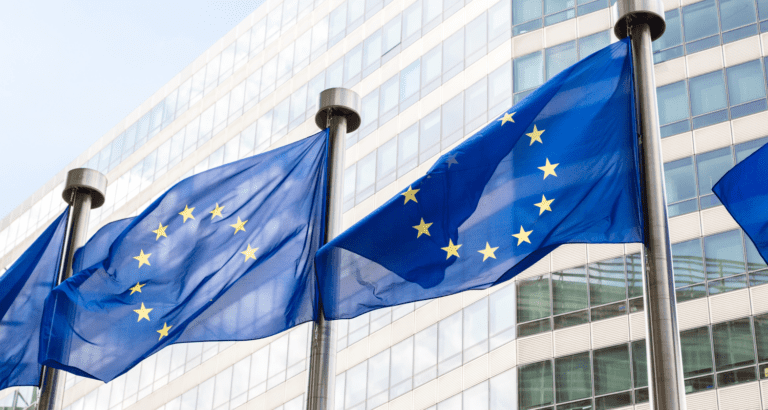Tuesday night, representatives of the European Council and the European Parliament reached a provisional agreement on the EU Data Act. This is a new regulation setting “harmonised rules on fair access to and use of data”. The long-awaited legislation sets rules for the safeguarding and sharing of data between consumers, companies and governments.
The deal followed seven grueling hours of negotiations, Reuters reported. Thierry Breton, the European Commissioner for the Internal Market, tweeted excitedly about the move. “Tonight’s agreement on the Data Act is a milestone in reshaping the digital space…we are on the way of a thriving EU data economy that is innovative and open — on our conditions.”
What the Data Act does
The European Council released a statement as well. The Data Act aims to “ensure fairness in the allocation of value from data among actors in the digital environment; stimulate a competitive data market; open opportunities for data-driven innovation, and make data more accessible to all”.
For example, the new legislation gives consumers control over what can be done with the data generated by their connected products and IoT devices. This includes smart home appliances or even automobiles.
The law will also protect competition through provisions covering data sharing, compensation and dispute settlement. In addition, it will set rules to make it easier for consumers to switch between service providers.
The new text also defines the “interplay” of the Data Act with existing horizontal and sectoral legislation. Examples include the data governance act and the general data protection regulation (GDPR).
The Act is criticised for ambiguity
One controversial aspect of the law is the text that provides the means for public sector bodies, the European Commission, the European Central Bank and EU bodies to access and use data held by the private sector that is necessary “in exceptional circumstances” or to “fulfil a task in the public interest”.
The Information Technology Industry Council (ITI), a lobbying group, also criticised the Act because of its “broad and ambiguous approach to data sharing”.
